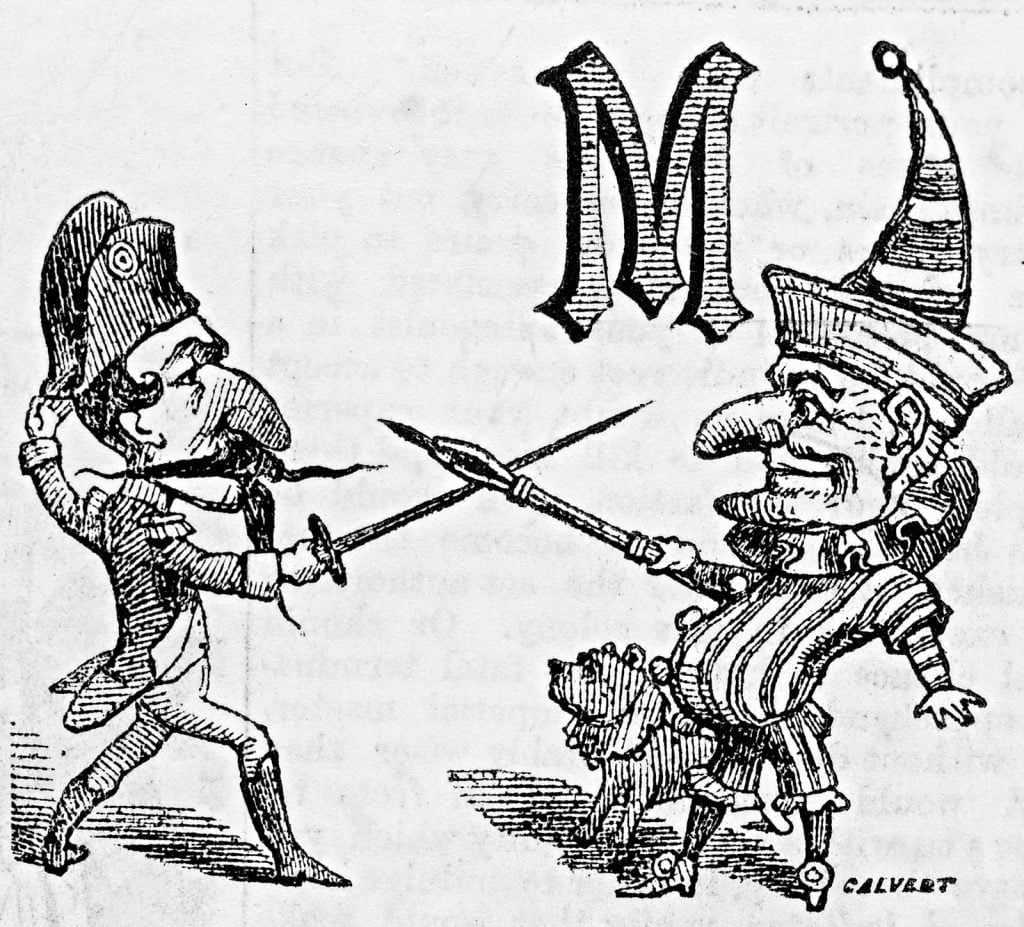
Picture by Samuel Calvert (1828-1913). Via State Library Victoria
Lately, I’ve been finding that I’m wiped out by about lunchtime. Sometimes I get as far as mid-afternoon. I put it down to all the decisions I’m making. It’s like all the small decisions take just as much brain space as the big.
I start out fine, but as the day goes on, I get more and more tired until I reach my limit and can barely function.
Decision Fatigue
The nice neuropsychologist I saw told me that’s normal for stroke patients, because:
- You can only keep so many things in your working memory, and
- Decisions take up working memory.
And about all I can do to manage it is:
- Try to minimise distractions, and
- Try not to clutter my brain up with too many small decisions.
It’s not exactly Damocles’ sword, but I am always aware that my decision-making ability is only good for so long.
Life Decisions
So it was interesting to read Adrian Camilleri’s article about people’s biggest Life Decisions. Things like marriages, kids, new jobs, getting an education, and ending lives.
As opposed to the small decisions like hiring and firing, where to invest your money, and what goods to buy.
He argues they’re difficult in part because the stakes are high, and we don’t get much practice at them.
They’re also the decisions we regret the most.
Regret
Regret is the feeling of sadness you get when you lose something. It comes with a side serve of disappointment.
Perhaps because you decided NOT to do ask someone on a date, or apply for that job.
Or because you didn’t decide well – didn’t take your Mission, Vision and Virtues into account when you made them.
Or because you’ve lost an opportunity. Forever.
Or the decision you made took you further away from, instead of closer to the person you wanted to be. (You also didn’t take your mission, vision and virtues into account).
Living Without Regrets
When you live your life according to your mission, vision and virtues you’re more likely to make the “correct” decisions. You can give or take opportunities as they arise.
In fact, it’s one of my post transplant decision making criteria – to ask whether I would regret this if I didn’t do it.
- Should I start a blog?
- Should I write a book?
- Should I write another?
- Should I send a short story to a professional magazine?
- Should I keep sending them out?
The big decisions are easy. It’s the small ones I find hard.
- Should I eat that chocolate bar?
- Should I order that hand cream?
- Should I have another glass of wine?
How do you get on with yours?

One comment